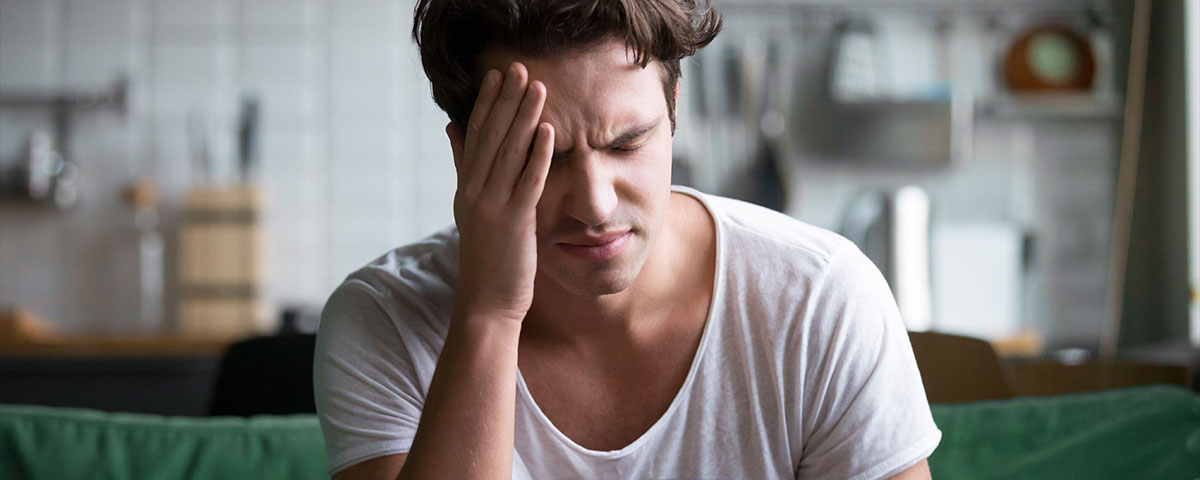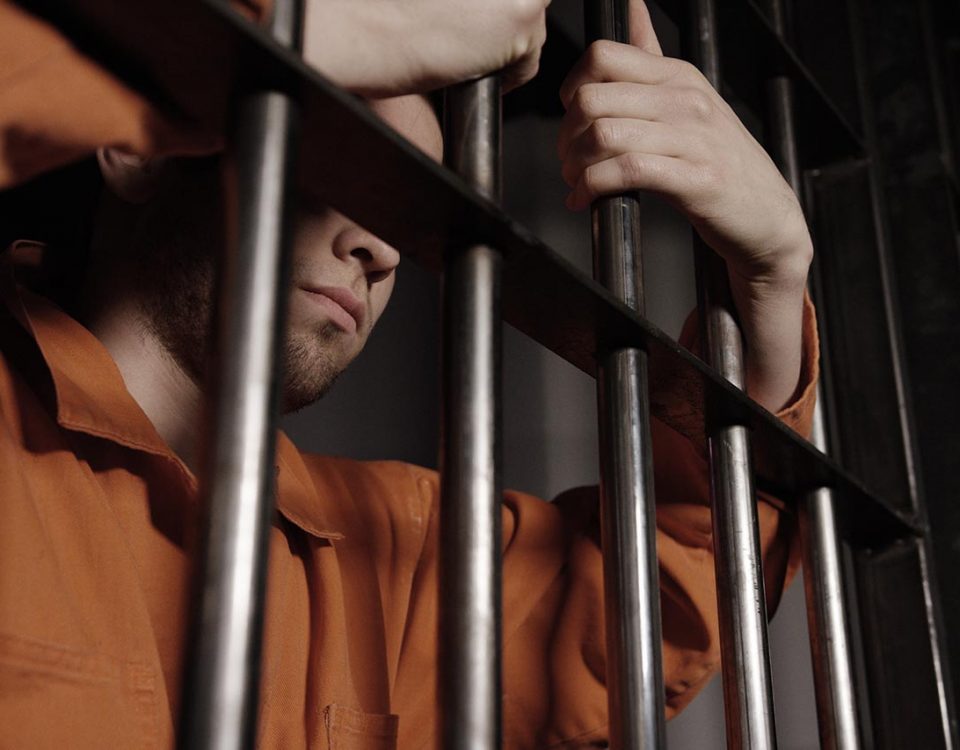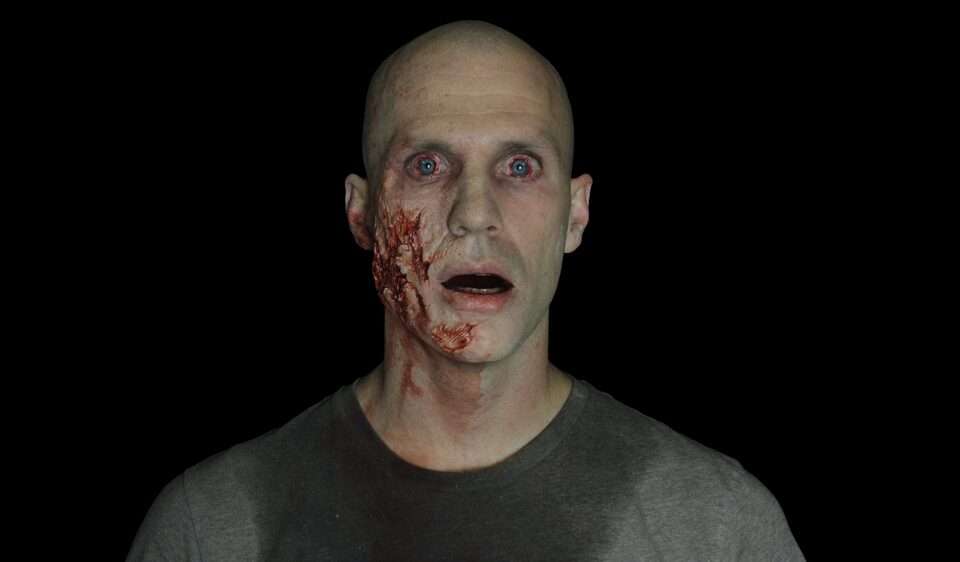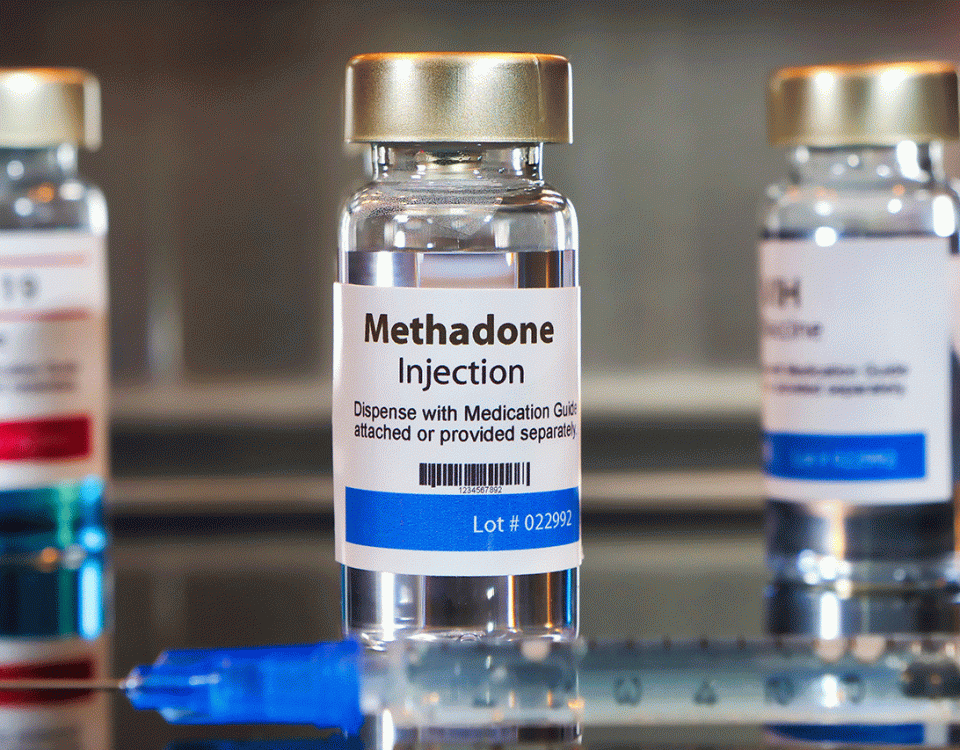“Hangxiety” refers to the feeling of dread or anxiety symptoms that follow a long period of heavy drinking.
If you’ve ever experienced anxiety after drinking, then you may understand how mentally and physically uncomfortable it can be. Although some people can pass through this hangover phase with no problem, others become overwhelmed by their anxiety symptoms. If you experience this feeling frequently, it may be an indication of a more serious drinking problem. Our addiction treatment center in Palm Springs understands how alcohol affects the brain and how to deal with hangover anxiety.
Why Do Hangovers Cause Anxiety?
Hangxiety is a common symptom of a hangover. A hangover is characterized by symptoms like nausea, stomach pain, headache, and dizziness following a period of heavy drinking. Alcohol works similarly to other sedatives or depressants in how it affects the brain. Drinking affects multiple neurological pathways in the brain, one of them being gamma-aminobutyric acid (GABA). GABA is an inhibitory neurotransmitter that works by inhibiting certain brain signals and decreasing activity in the central nervous system (CNS). It also plays a role in functions like memory, anxiety, mood, and motor control. Alcohol increases GABA in the brain, producing feelings of calm and relaxation as well as inhibiting these functions.
Alcohol works as a sedative by activating the brain’s inhibitory system (GABA) while also stimulating the brain by targeting the stimulatory system. This causes the brain’s inhibitory system to work twice as hard and causes a reduction in activity in the stimulatory system, and also causes the relaxed feeling that so many drinkers enjoy. If you’re drinking for a long time or drink large amounts of alcohol, the brain tries to regulate itself. It decreases the inhibitory system’s activity and increases the stimulatory system’s activity. As a result, you may feel jittery, anxious, irritable, and agitated when you stop drinking. This highlights the relationship between hangovers and anxiety and is also known as hangxiety.
Hangover Anxiety Symptoms
People who have anxiety disorders are more prone to experiencing symptoms the day after drinking heavily. But this doesn’t mean someone who doesn’t have an anxiety disorder would not experience hangover anxiety. Hangxiety can be considered a milder version of alcohol withdrawal. This could be a result of alcohol’s effects on neurotransmitters like dopamine. Drinking alcohol causes dopamine neurons in the brain to fire constantly. This dopamine rush doesn’t last long, so it’s common for people to experience sudden changes in mood and anxiety levels.
Some common symptoms of hangover anxiety include:
- Tight feeling in the stomach
- Increased heart rate
- Sweating
- Rapid breathing
- An intense sense of doom and fear
- Restlessness, which can make it difficult to sleep or concentrate
- Nausea and vomiting
- Irritability and agitation
People who drink more heavily may experience more severe side effects like diarrhea and panic attacks. If you find yourself experiencing hangover anxiety, then you may need help. Hangxiety is a symptom of alcohol withdrawal, which is the body’s reaction to a lack of alcohol. The more frequent your drinking habits become, the more dependent on alcohol your body will become. If you’re struggling to cut down on your drinking, the alcohol withdrawal programs at Banyan’s California detox center can help.
How to Calm Hangover Anxiety
Although there is not a particular hangover anxiety cure, there are certain steps that can be taken to calm the symptoms a person is struggling with. First and foremost, overcoming hangover anxiety requires staying hydrated. Dehydration brought on by alcohol's diuretic effects can result in anxiety. To aid with anxiety symptoms, drink ample amounts of water, sports drinks, or other hydrating liquids. Additionally, engaging in relaxation exercises like yoga, meditation, and deep breathing can help lower anxiety.
These methods can assist in calming the body and mind, enabling you to unwind and lessen feelings of worry. Finally, adequate sleep is crucial to reducing hangover anxiety. The body and mind can be restored by getting a decent night's sleep, which alcohol disrupts. If at all possible, having a nap during the day can also aid in reducing the effects of exhaustion and worry.
Eating a healthy, well-balanced supper is another efficient method for reducing hangover anxiety. Anxiety symptoms might be exacerbated by a blood sugar drop brought on by alcohol use. Eating a meal that is rich in protein, healthy fats, and complex carbs can help to control blood sugar levels, lowering feelings of anxiety and boosting general energy.
Additionally, certain foods can aid in resupplying the body's nutrients, which may have been lost as a result of alcohol consumption. Bananas and leafy greens are two examples of foods high in electrolytes that can help to lessen feelings of anxiety.
In conclusion, a healthy, balanced diet can significantly help with anxiety management and overall health promotion when it is incorporated into your hangover recovery. There are just some steps a person can take when figuring out how to deal with hangover anxiety.
Hangxiety May Indicate a Serious Problem
Because hangxiety is associated with heavy drinking and is considered a form of alcohol withdrawal, constantly experiencing anxiety after a night out drinking with friends, as well as always feeling hungover, can indicate a more serious problem. Hangovers are most common among individuals who drink an excessive amount of alcohol.
Hangover anxiety is also a sign of alcohol dependence. Dependence, in this case, is the body’s reliance on a substance, which is marked by withdrawal symptoms when the body lacks this substance. In other words, the more you drink, the more your body gets used to it, and the more uncomfortable it will be to stop drinking.
People often continue consuming alcohol to avoid the discomfort caused by withdrawal symptoms. This repetitive behavior can eventually result in alcoholism. Alcohol addiction is a chronic and progressive disease characterized by a person’s inability to control their drinking. Long-term alcohol abuse can cause problems like liver disease and failure, kidney damage, and alcohol-induced dementia. Individuals who frequently binge drink are also more likely to suffer from alcohol poisoning.
People who are battling alcoholism can get help at our rehab in California. Banyan Palm Springs offers alcohol addiction treatment in addition to other therapy programs to treat the related superficial and underlying issues.
If you or a loved one is battling alcoholism or drug addiction, call us now at 888-280-4763 to learn more about the inpatient Southern California rehab programs at Banyan Treatment Centers Palm Springs.
Related Readings:









